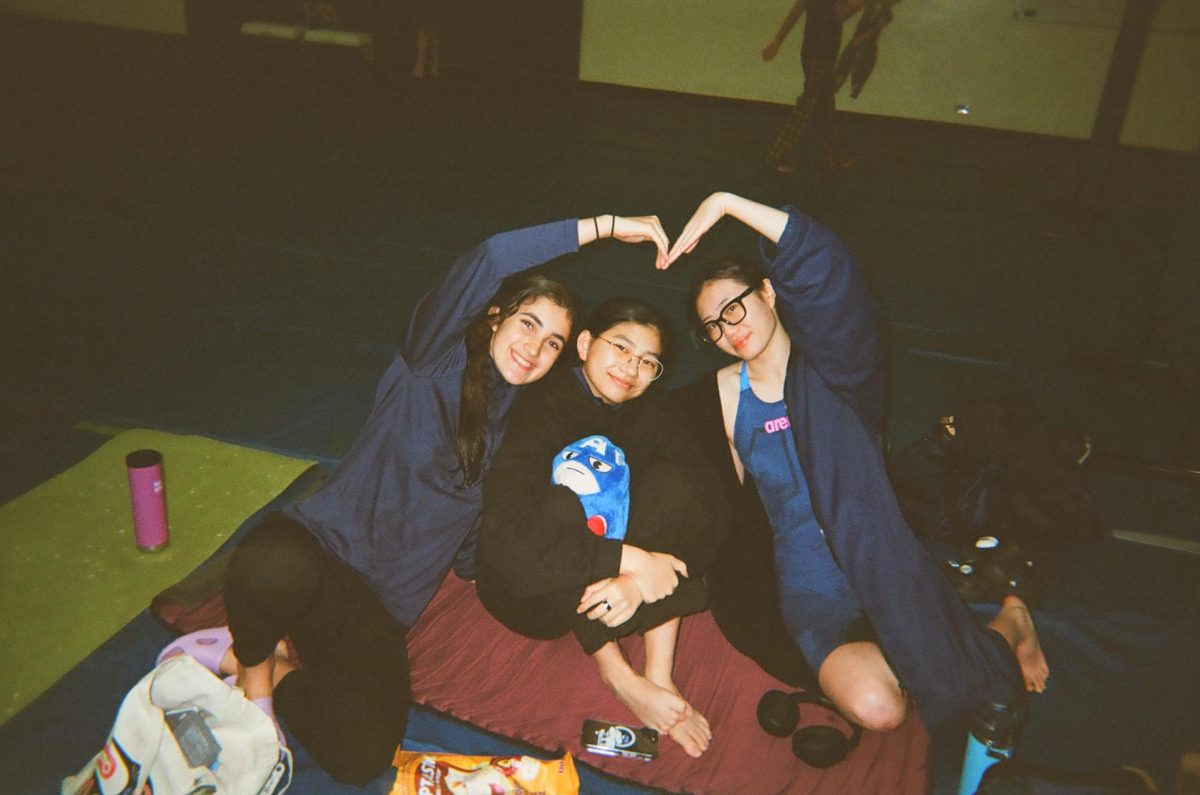TAS students have always been politically aware but human rights clubs have grown in popularity recently. Are TAS students becoming activists?
Tatiana Feuerhahn (10), president of DigniFight, says, “As Upper School students grow older and mature, we become more aware of certain events and tragedies that occur all over the world every day.”
So why are students here turning to politics? Students have greater access to important discussions about human rights worldwide as we are living in a media-rich society.
Jasmine Tang (12), president of Third World Investment, says, “With the increasing speed of news, we are living in an era where information about any human rights violation is right at our fingertips and ever present within our lives. It is hard not to be affected by this information because the internet has made these problems closer to us and now more relatable.”
Growing up in a country where basic rights are taken for granted, sometimes we fail to recognize the troubles other people face daily.
Jasmine says, “I feel that as the more privileged part of society, it is our obligation to help those who are in need and provide those who have their rights violated with the same opportunities and the same starting point as the rest of us.”
Michael Wen, president of Orphanage Club, agrees.
“Many students have the resources to help others and there is a notion among the TAS community that we are privileged and therefore it is necessary for us to give back to our community,” says Michael.
Like many other clubs, Orphanage Club’s events have grown to encompass activities that were not part of the original mission.
Michael says, “From doing these activities, students are able to get a sense of happiness that no other activity can bring.”
Some club aim to raise political awareness. The International Relations courses and the MUN program have sparked much interest in current events.
President of Partners in Health, Edward Wang (12), says, “Everyone in MUN starts by learning the Universal Declaration of Human Rights as the general basis of the debates.”
The international nature of the school might also be a factor.
“By experiencing multiple cultures, I believe that many of us have gained a higher sense of appreciation for the rights that we have been given; therefore, we have a strong desire to help less fortunate individuals,” says Tatiana.
Becoming involved in clubs not only fosters a sense of giving to others, but it also gives students a sense of accomplishment as a group.
Jasmine says, “I think that being involved in these clubs definitely creates a sense of community for many of the students who are involved in it. And this community stems from being able to relate to people together and being able to say: ‘I made a difference in this world’ together.”

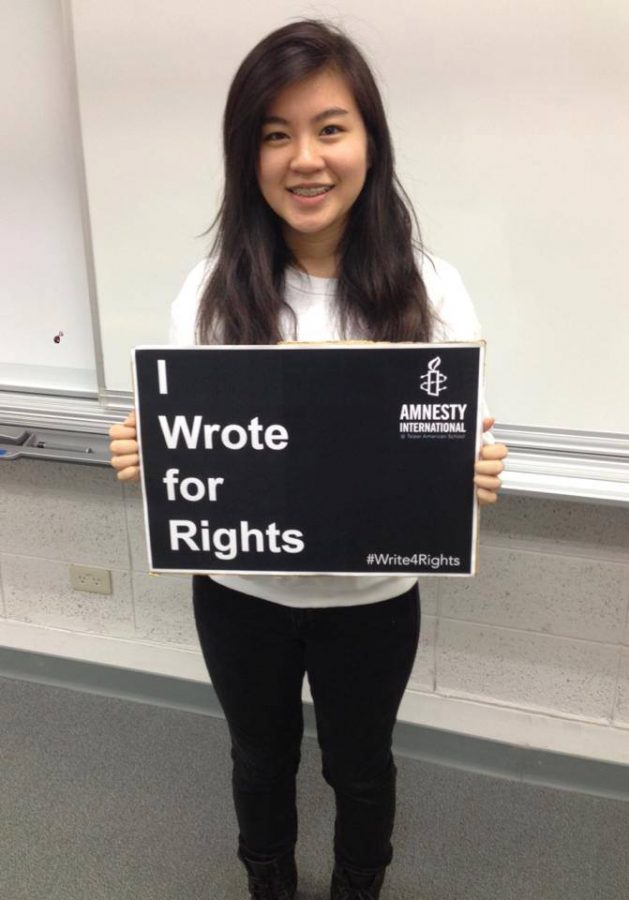
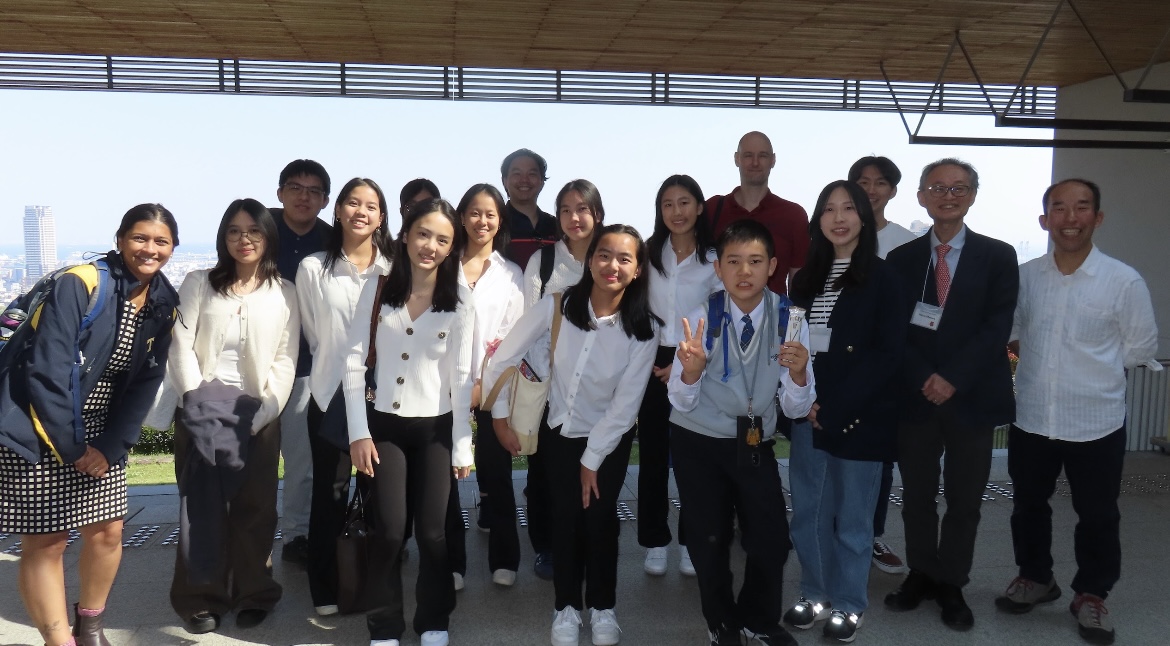
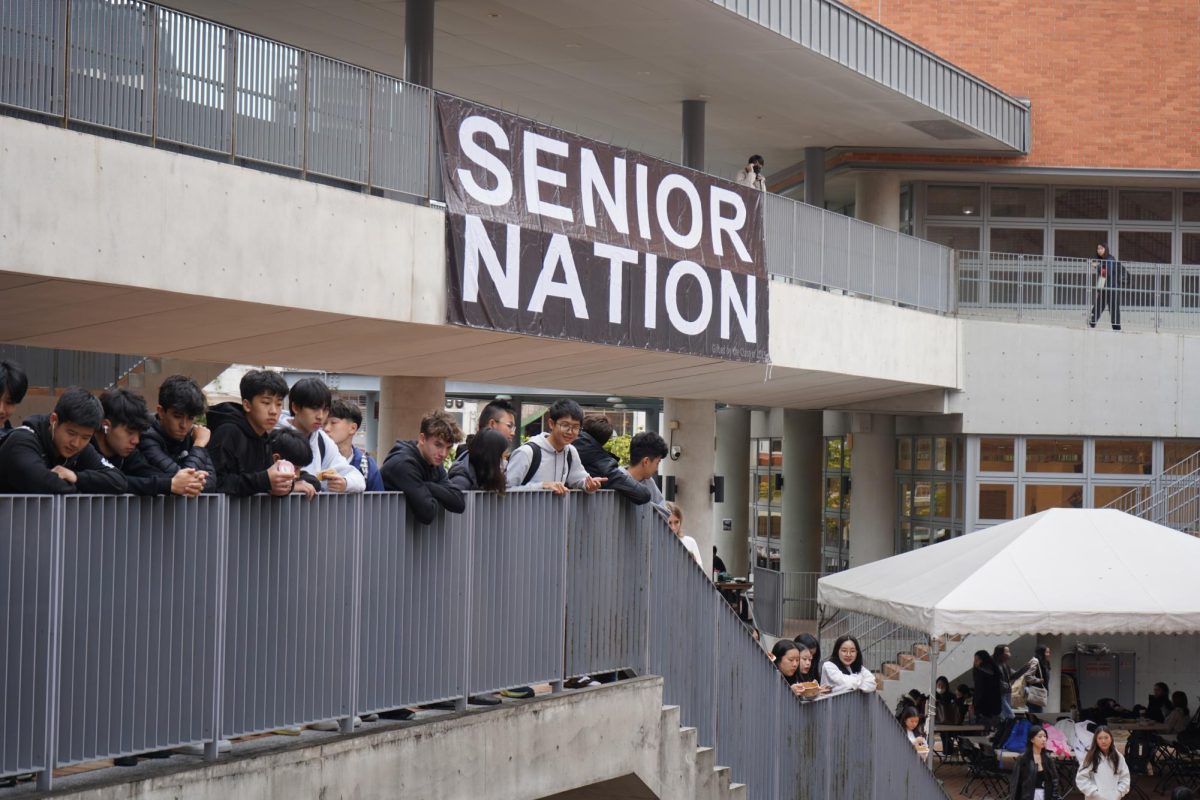
![[PHOTO COURTESY OF PIXABAY]](https://blueandgoldonline.org/wp-content/uploads/2025/03/white-18227_1280-1200x803.jpg)
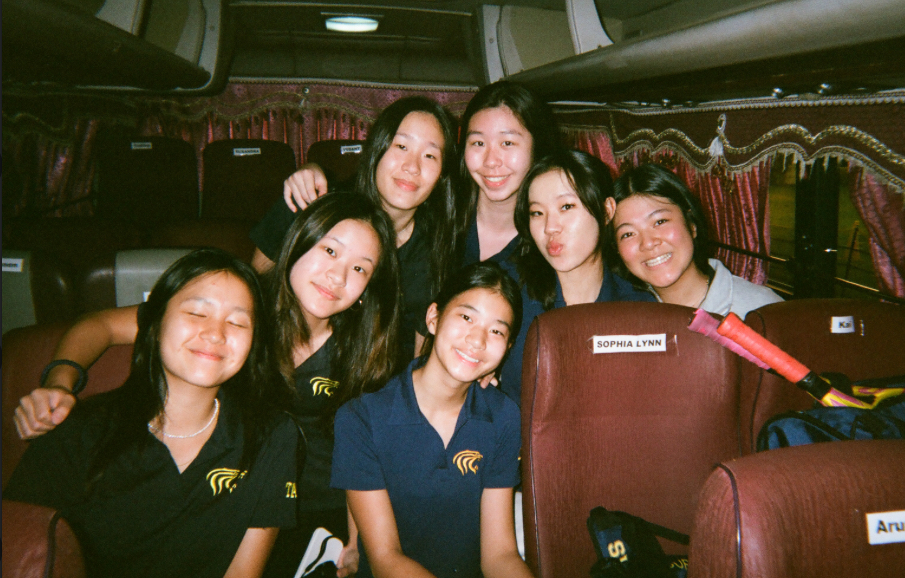
![[PHOTO COURTESY OF PIXABAY]](https://blueandgoldonline.org/wp-content/uploads/2025/03/fire-6706674_1280-1200x800.jpg)
